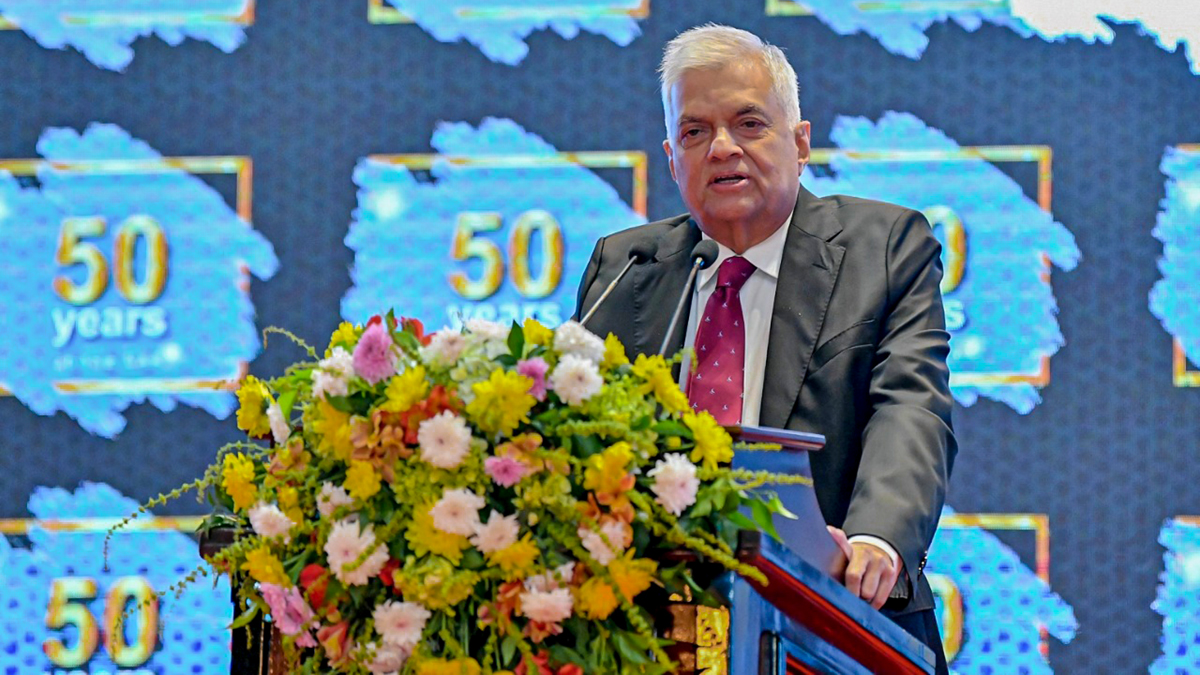Sri Lanka’s President Ranil Wickremesinghe has called for the Christmas to be made into an opportunity to help those in need as the island suffers the effects of the worst currency crisis of its central bank.
“In the country’s current unprecedented economic crisis, it is important for the people to extend compassion to one another, and assist each other,” President Wickremesinghe said in his Christmas message.
“This would be a salutation to the testaments of Jesus Christ. The birth of baby Jesus in impoverished surroundings signifies the dedication of His life to creating a better society.”
Christians believe that Jesus was born in a barn or cave among livestock after his parents went for an annual Roman census, to he city of Bethlehem which was crowded with visitors.
“It is appropriate to recall the appeal of His Holiness Pope Francis for a humble Christmas this year, with the savings from reduced spending on gifts to be donated to the needy and value humanity,” President Wickremesinghe said.
Most of the world has been hit by the highest inflation seen since the 1970s great inflation period and early 1980s after reserve currency central banks printed money to accommodate a Coronavirus crisis.
1970s style strikes are breaking out in Western nations after the ‘stimulus’.
Sri Lanka’s rupee fell from 200 to 360 in 2022 to the US dollar after the central bank printed money for two years to target an output gap throwing marginal groups into poverty and the poor into near starvation.
The central bank has depreciated the currency from 4.70 to 182 to the US dollar up to 2020 by printing money to suppress interest rates.
There have been calls to change the governing law of the central bank to block economic bureaucrats from mis-using central bank independence to suppress rates through ‘flexible’ policy.
Since the end of a 30-year civil war the central bank triggered currency crises in 2012, 2015/16, 2018 and 2020/22 engaged in unprecedented ‘cover up’ foreign borrowings – quaintly called ‘bridging finance’ in the island – and defaulted in April 2022.


